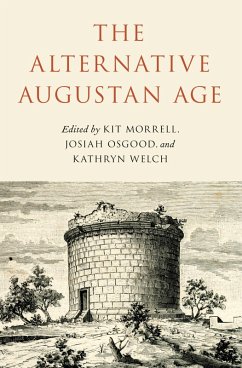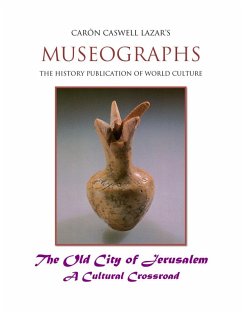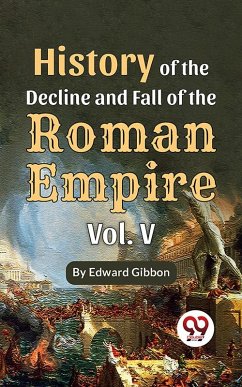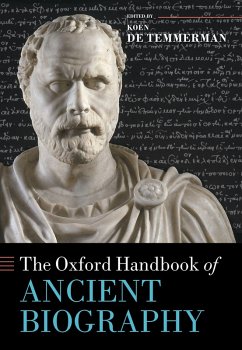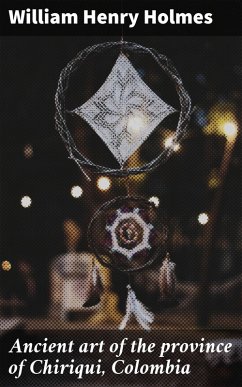
The Ancient City - Coulanges (eBook, ePUB)

PAYBACK Punkte
0 °P sammeln!
Born in Paris, Denis Fustel de Coulanges (1830-1889) was a pioneer and creator in the use of scientific approach to the study of history in France. "The Ancient City" is his most famous book. Coulanges follows the Cartesian method, and the work is based on texts from ancient historians and poets where the author investigates the remote origins of the institutions of Greek and Roman societies. In "The Ancient City," the reader can identify how our ancestors' relationships were with the sacred fire, social culture, and their families. The author exposes in a clear and objective manner the life, ...
Born in Paris, Denis Fustel de Coulanges (1830-1889) was a pioneer and creator in the use of scientific approach to the study of history in France. "The Ancient City" is his most famous book. Coulanges follows the Cartesian method, and the work is based on texts from ancient historians and poets where the author investigates the remote origins of the institutions of Greek and Roman societies. In "The Ancient City," the reader can identify how our ancestors' relationships were with the sacred fire, social culture, and their families. The author exposes in a clear and objective manner the life, customs, tradition, and rituals that significantly contribute to the formation of present-day society. Fustel is considered one of the most influential positivist thinkers of the 19th century. In his most famous work, examples and concise criticisms could not be missing, proving the possibility of evaluating history empirically like any other science.
Dieser Download kann aus rechtlichen Gründen nur mit Rechnungsadresse in A, B, BG, CY, CZ, D, DK, EW, E, FIN, F, GR, H, IRL, I, LT, L, LR, M, NL, PL, P, R, S, SLO, SK ausgeliefert werden.







